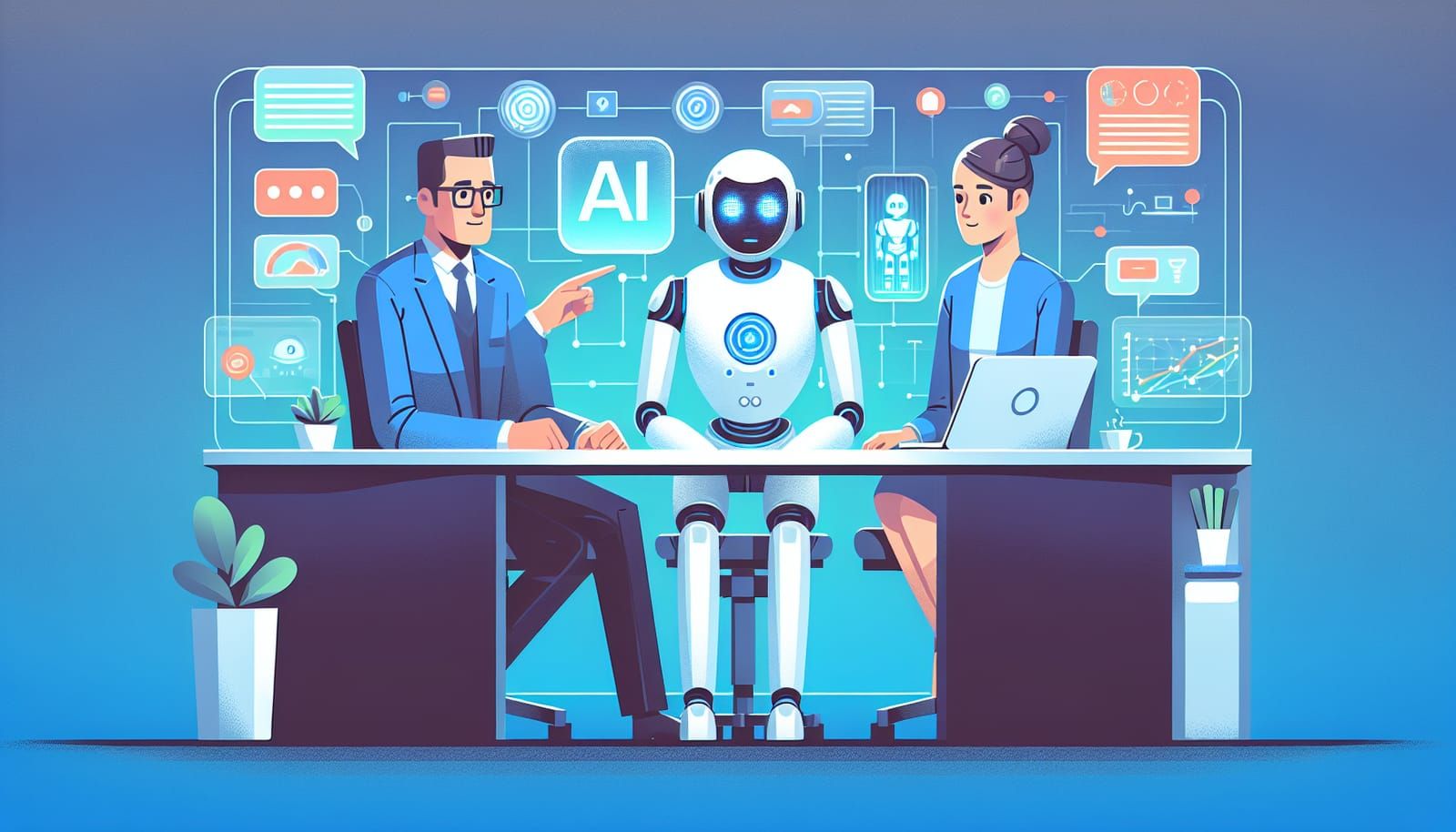Artificial Intelligence (AI) is becoming a part of our everyday lives. From virtual assistants like Siri and Alexa to more complex systems that help doctors diagnose illnesses, AI is everywhere! But as we start relying more on these smart machines, a big question arises: when should we trust AI's advice, and when should we be cautious?
In this article, we’ll explore the fascinating world of AI, how it works, and the best ways to determine when to take its advice seriously or when to be skeptical.
Understanding AI: What Is It?
At its core, AI is a computer system designed to perform tasks that typically require human intelligence. These tasks can range from understanding language and recognizing images to making decisions and predicting outcomes.
AI learns from data, meaning the more information it has, the smarter it gets. For example, a recommendation system on a streaming service uses your viewing habits to suggest movies or shows you might like. It analyzes trends and patterns in the data to make educated guesses about your preferences.
But just because AI can analyze data doesn’t mean it’s always right. Understanding how AI works can help us know when to trust its advice.
The Strengths of AI: When to Trust It
AI shines in situations where it can analyze vast amounts of data quickly and accurately. Here are a few scenarios where you can generally trust its advice:
1. Data-Driven Decisions
AI is excellent at processing and analyzing large datasets. For instance, in the medical field, AI can analyze thousands of patient records and research studies to help doctors diagnose diseases more accurately. If AI suggests a treatment based on extensive data analysis, it’s likely worth considering!
2. Predictive Analytics
Businesses often use AI to forecast trends and customer behavior. For example, retail companies use AI to predict which products will be popular during certain seasons. If an AI model predicts that a particular toy will be a bestseller before the holiday season, that prediction is based on solid data.
3. Routine Tasks
AI excels at performing repetitive tasks. From scheduling appointments to sorting emails, it can save us time and effort. Trusting AI to handle these mundane tasks allows us to focus on more complex problems that require human creativity and critical thinking.
When to Be Skeptical of AI’s Advice
While AI has many strengths, it’s not infallible. Here are some scenarios where you should think twice before accepting AI's advice:
1. Lack of Context
AI systems often lack the nuanced understanding of human emotions and context. For instance, if you ask a virtual assistant for advice on a personal relationship, it may provide generic responses that don’t consider your unique situation. In these cases, it’s best to consult a human who understands the complexities of human relationships.
2. Biased Data
AI learns from the data it’s trained on. If the data contains biases, the AI will likely replicate those biases in its recommendations. For example, if an AI system is trained primarily on data from a specific demographic, it may not provide accurate advice for people outside that group. Always question whether the underlying data is fair and representative.
3. Ethical Considerations
AI can sometimes make decisions that raise ethical concerns. For instance, when used in law enforcement, AI might suggest profiling based on historical crime data, which could lead to biased policing. Understanding the ethical implications of AI decisions is crucial before acting on its advice.
Balancing Trust and Skepticism
So, how do you strike a balance between trusting AI and being skeptical? Here are a few tips to help you navigate the AI landscape:
1. Stay Informed
The more you know about how AI works, the better equipped you’ll be to evaluate its advice. Take the time to learn about different AI technologies and their limitations.
2. Verify Information
Whenever you receive advice from an AI system, consider verifying it through other sources. This is especially important for critical decisions, like medical or financial advice.
3. Combine Human Insight with AI
AI can be a valuable tool, but it works best when combined with human judgment. Use AI-generated suggestions as a starting point, but rely on your intuition and experience to make final decisions.
The Future of AI: A Partnership
As AI continues to evolve, its role in our lives will likely expand. Imagine a future where AI works alongside us, enhancing our capabilities rather than replacing them. This partnership can lead to incredible advancements in various fields, from healthcare to education to environmental sustainability.
But to achieve this future, we must approach AI with a critical eye. By understanding its strengths and weaknesses, we can make informed decisions about when to trust its advice and when to be cautious.
Conclusion: Embracing AI Responsibly
AI is a powerful tool that has the potential to transform our lives in countless ways. By learning when to trust its advice and when to be skeptical, we can harness its capabilities while avoiding potential pitfalls.
As we navigate this exciting technological landscape, let’s embrace AI responsibly. By combining the analytical power of AI with our human intuition and ethical considerations, we can create a future where technology enhances our lives and helps us make better decisions.
So the next time you encounter AI advice, remember to weigh the strengths and weaknesses. Trust it when it’s backed by data and context, but be cautious when it lacks the human touch. Together, we can unlock the full potential of AI in our everyday lives!


